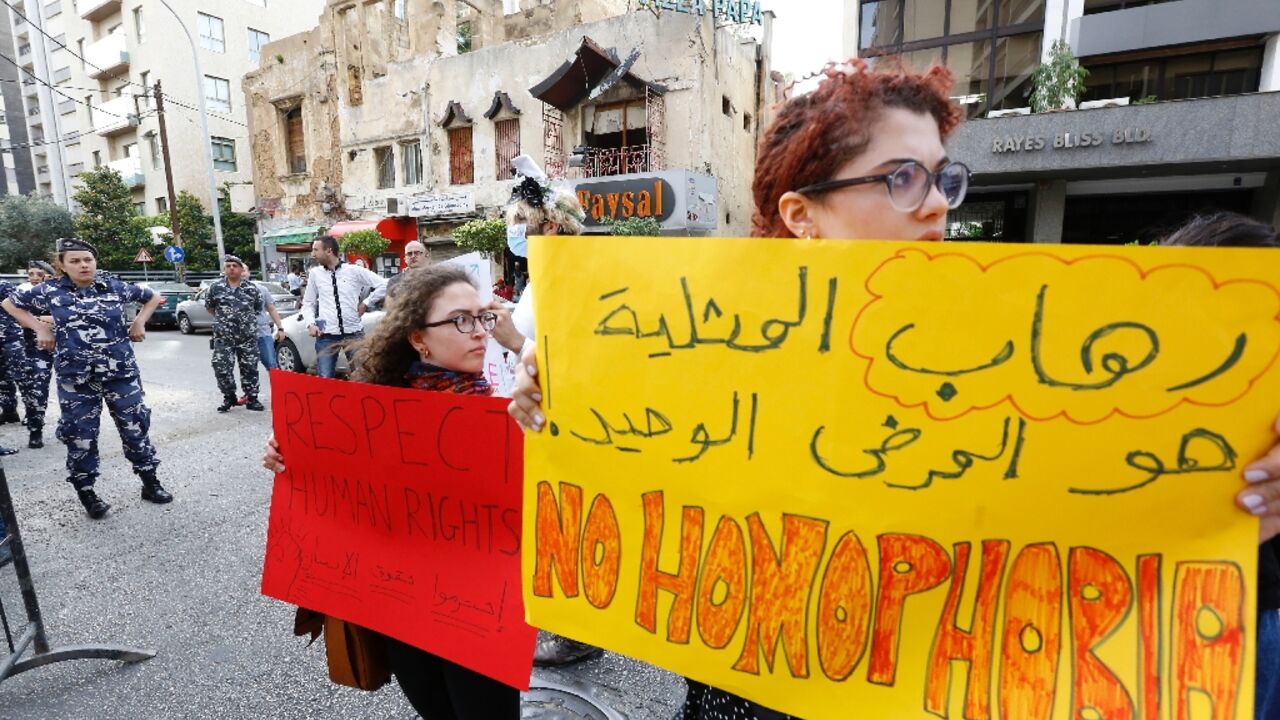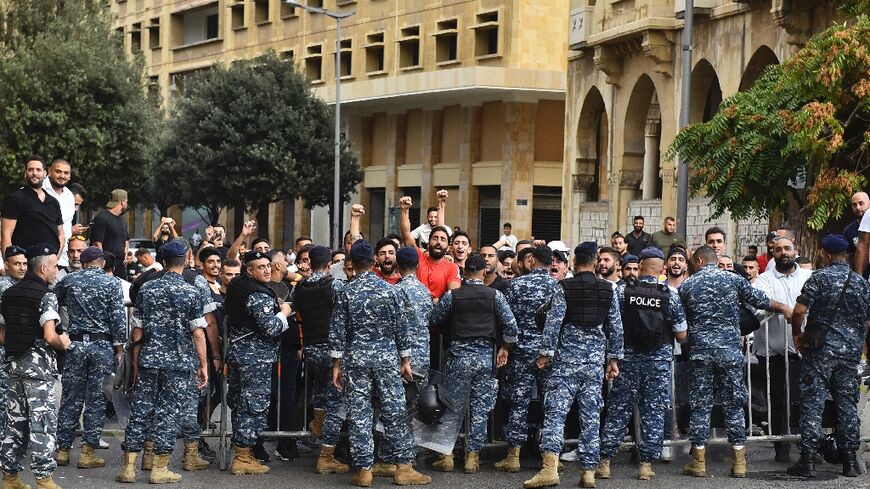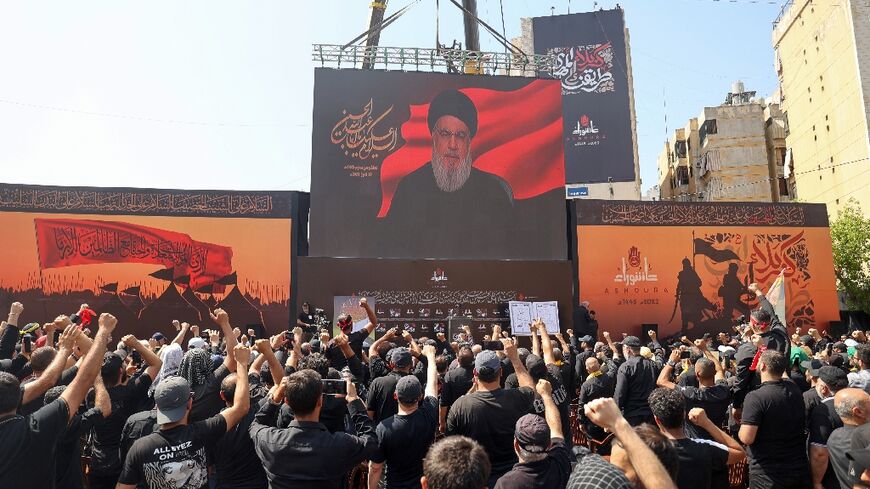Rights activists condemn attack on Beirut drag show venue

Rights activists on Thursday condemned a hardline Christian group's assault on a bar hosting a drag show in a Beirut nightlife district as the result of escalating anti-LGBTQ rhetoric.
On Wednesday evening, more than a dozen people from the "Soldiers of God" group converged on the drag show venue in the capital's Mar Mikhael district, witnesses told AFP, requesting anonymity due to security concerns.
While Lebanon is generally considered more tolerant of sexual diversity than other Arab countries, the law allows courts to punish "unnatural" sexual relations with up to one year in prison.
Staff closed the doors to protect dozens of patrons inside, while members of the group assaulted people physically and verbally and damaged property outside, the witnesses said.
"They were saying: 'We are the Soldiers of God... you are going to burn in hell," one witness recalled.
In footage of the attack circulating on social media, a man can be heard yelling at the bar's patrons: "This is only the beginning. We've warned you 100 times."
Last year, the "Soldiers of God" live-streamed a video of its members tearing apart a Beirut billboard featuring blooming flowers in the colours of a rainbow flag.
Lebanon has recently seen a growing anti-LGBTQ campaign, spearheaded by the powerful Iran-backed Shiite Muslim movement Hezbollah.
The escalation comes at a time when LGBTQ activists had been pushing to decriminalise same-sex relations.
George Wardini, a member of LGBTQ rights group Proud Lebanon, said the attack showed "how hate speech can easily translate into organised violence".
"Incitement and intimidation launched by Hezbollah has crossed political and religious lines," Wardini told AFP.
Hezbollah chief Hassan Nasrallah has called for a boycott of rainbow products and said last month that gay people, "even if they do it once... are to be killed".
Rasha Younes from Human Rights Watch said that "the attack signals a dangerous turn".
It is the "materialisation of the ongoing anti-LGBT rhetoric we have documented", she told AFP.
While Lebanon has never been a safe haven for lesbian, gay, bisexual, transgender and queer people, the community has long been visible and outspoken, defying arbitrary crackdowns on its bars, nightclubs and community centres.
The small Middle Eastern country shares power among more than a dozen religious communities, including Shiite and Sunni Muslims as well as various Christian denominations.






